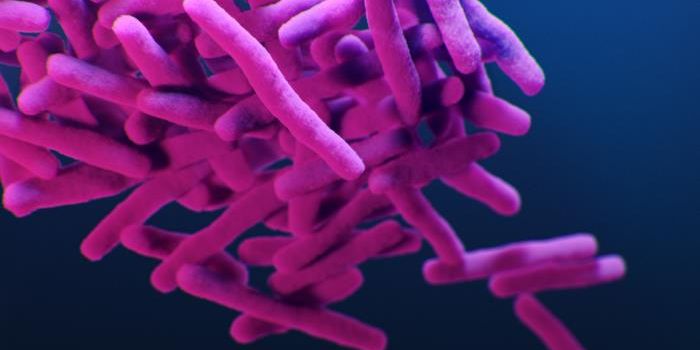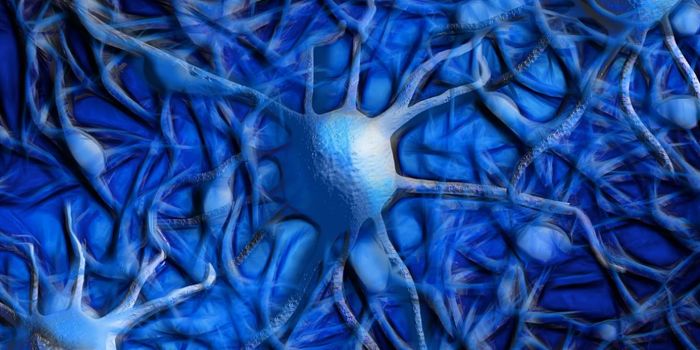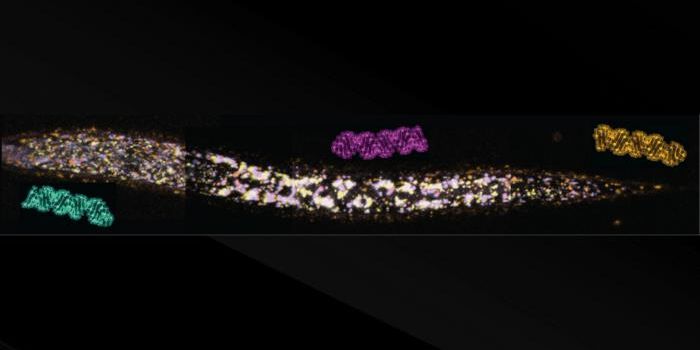A Natural Killer to Eliminate Cancer Cells
Researchers are always looking for new ways to treat cancer more effectively, and utilizing mechanisms that we already have in our bodies would be an ideal way to do it. Scientists at Northwestern University have now identified natural molecules that may shield us from cancer. Cancer cells don’t develop resistance to them either; they are RNA molecules that can turn off several genes required by cancer cells for survival. That makes them especially attractive for use in cancer therapeutics.
"It's like committing suicide by stabbing yourself, shooting yourself and jumping off a building all at the same time," said Marcus Peter, the Tom D. Spies Professor of Cancer Metabolism at Northwestern University Feinberg School of Medicine. "You cannot survive." In what Peter suggested is a first, cancer cells aren’t able to develop resistance to the molecules. "This could be a major breakthrough," he noted.
Peter and his team have been searching for molecules that trigger kill switches in cells that become cancerous. Now they have found sequences within the human genome that do that after they are converted into RNA molecules.
"We think this is how multicellular organisms eliminated cancer before the development of the adaptive immune system, which is about 500 million years old," Peter said. "It could be a fail-safe that forces rogue cells to commit suicide. We believe it is active in every cell protecting us from cancer."
"Ever since life became multicellular, which could be more than 2 billion years ago, it had to deal with preventing or fighting cancer," Peter continued. "So nature must have developed a fail-safe mechanism to prevent cancer or fight it the moment it forms. Otherwise, we wouldn't still be here."
He was thus inspired to search the genome for codes that can kill cancer. "We knew they would be very hard to find," Peter acknowledged. "The kill mechanism would only be active in a single cell the moment it becomes cancerous. It was a needle in a haystack."
To find them, he used a tool called small interfering (si)RNAs; in cells, siRNAs can ablate the expression of specific genes whose sequence they match (learn more from the video). Peter and colleagues found that not only do many of these siRNAs reduce the expression of specific genes; they also kill cancer cells. The sequences that have that ability are found in multiple genes, throughout the genome.
When such genes are transcribed into siRNAs, they act as assassins, taking out the genes that the cancer cell needs to survive. That initiates multiple cascades in parallel, all of which lead to cell death. The siRNAs trigger what Peter refers to as DISE - Death Induced by Survival gene Elimination. In organisms with cancer, DISE might destroy cancerous cells.
Peter wanted to know if cancer cells would be more affected by this process than healthy cells would be. After teaming up with Dr. Shad Thaxton, an Associate Professor of Urology at Northwestern University Feinberg School of Medicine, mice modeling human ovarian cancer were exposed to nanoparticles carrying the assassin molecules.
In the treated mice, tumor growth was significantly reduced while no toxicity was observed. As reported in Oncotarget, the tumors did not become resistant to the treatment, a crucial feature. Peter and Thaxton are continuing to work to increase the efficacy of the therapy.
Peter has seen little progress in the treatment of solid cancers and was frustrated. "The problem is cancer cells are so diverse that even though the drugs, designed to target single cancer-driving genes, often initially are effective, they eventually stop working and patients succumb to the disease," Peter said. He suspects that some cancer cell subsets are not affected by many targeted anticancer drugs that are currently in use.
Peter noted that many solid, advanced cancers, like lung, pancreas, ovarian or brain, have not experienced an improvement in survival rates. "If you had an aggressive, metastasizing form of the disease 50 years ago, you were busted back then, and you are still busted today," he explained. "Improvements are often due to better detection methods and not to better treatments."
Cancer scientists need to pay more attention to nature, Peter said. Immune therapy has seen some success because it uses an anticancer mechanism that naturally evolved, he noted. However, it is not effective for many cancers and only some of these cancer patients see a benefit, he continued.
"Our research may be tapping into one of nature's original kill switches, and we hope the impact will affect many cancers," he said. "Our findings could be disruptive."
Sources: AAAS/Eurekalert! Via Northwestern University, eLife, Oncotarget









